Contents
Комплексная программа дошкольного образования должна включать такие предметы, как язык, математика, естественные науки, искусство, социальные навыки, эмоциональное развитие, физическое здоровье и творчество. Эти аспекты отвечают потребностям детей в зависимости от их возраста и стадии развития. Хотя они могут показаться фундаментальными, эти области имеют решающее значение в формировании пути ребенка, закладывая основу для его будущих академических занятий. Однако важно отметить, что настоящий успех зависит не только от охвата этих компонентов. Обучение включает в себя такие увлекательные занятия, как групповые обсуждения в кругу, художественные и сенсорные игры на свежем воздухе и структурированные командные занятия, которые вызывают у детей интерес и делают обучение приятным. Когда ребенок получает удовольствие от учебной деятельности, это говорит о том, что вы движетесь в правильном направлении.
Выбирая учебную программу, отдавайте предпочтение той, в которой особое внимание уделяется игровому обучению, интерактивному и способствующему социальному взаимодействию, а также эмоциональному благополучию и когнитивному росту. Ищите учебную программу, которая органично интегрирует развитие языка, отработку навыков грамотности, изучение математических концепций и возможности социально-эмоционального обучения в течение дня, чтобы обеспечить поддержку как педагогам, так и семьям. Кроме того, убедитесь, что выбранная учебная программа соответствует стандартам детского образования в вашем регионе и подкреплена исследованиями, чтобы повысить готовность к детскому саду.
Основные компоненты дошкольной учебной программы
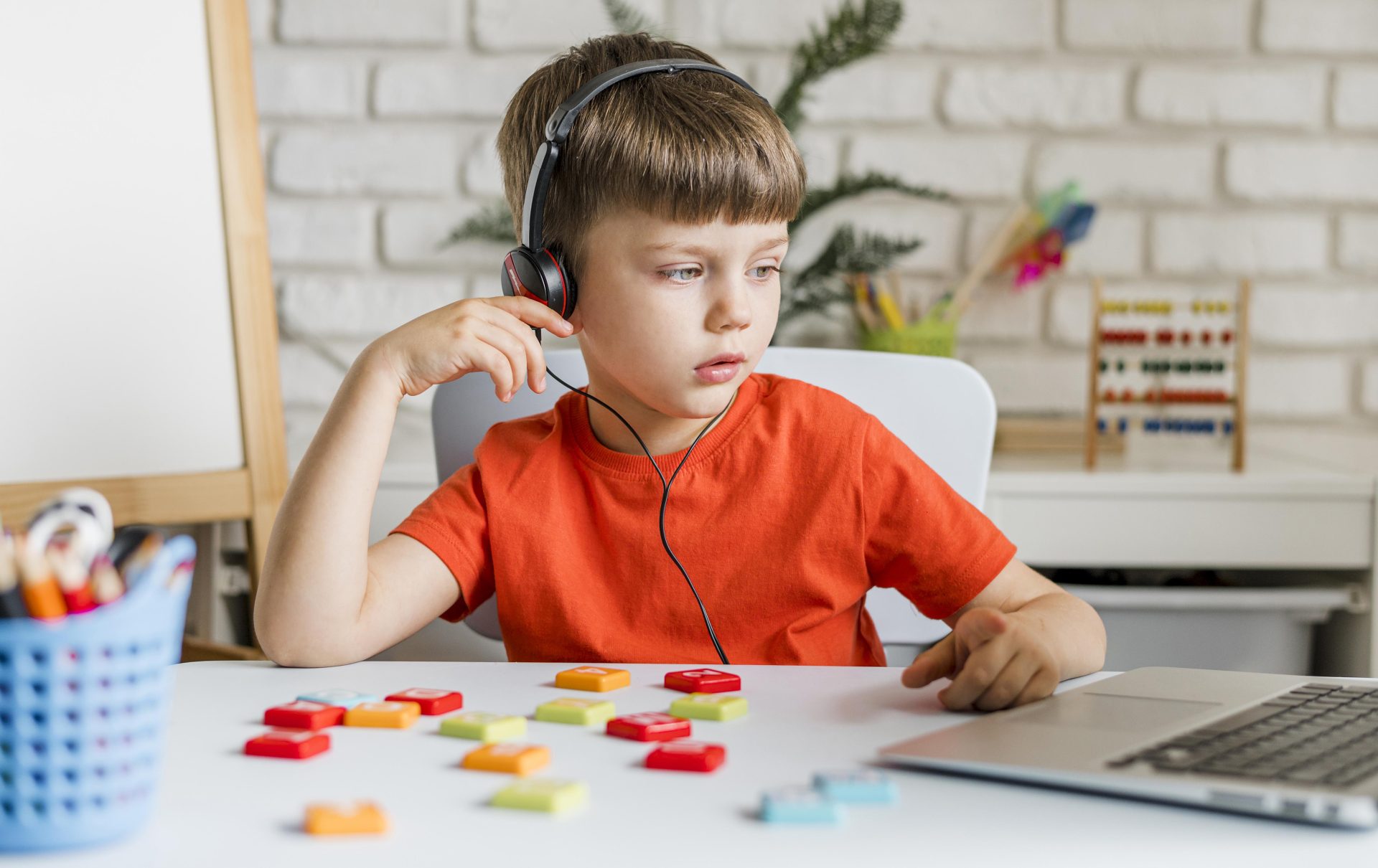
Планируемая программа дошкольного образования направлена на то, чтобы предложить детям всестороннюю базу для их начального обучения. Помимо изучения таких понятий, как буквы и цифры, эта программа направлена на развитие таких областей, как:
Развитие языка и грамотности
В раннем возрасте дети учатся общаться и выражать свои мысли. Хорошая программа дошкольного обучения должна поддерживать язык и навыки грамотности различными способами. Она может включать такие виды деятельности, как рассказывание историй, чтение книг, пение песен и участие в беседах. Эти занятия очень важны. Они помогают детям развить сильные языковые навыки. Они закладывают основу для чтения и письма.
Математика
Математика закладывает основу для решения проблем, логических рассуждений и критического мышления. Такие понятия, как счет, модели, формы и измерения, вводятся в ходе увлекательных занятий, которые способствуют исследованиям и открытиям. Добавляя математику в повседневную деятельность, дети рано начинают понимать принципы математики. Они делают это в веселой и интерактивной форме.
Наука
Наука – это любопытство и открытие. Дошкольная программа, включающая науку, дает детям возможность исследовать окружающий мир с помощью практических экспериментов, прогулок на природе и сенсорных занятий. Это помогает им рано научиться ценить науку. Это также способствует развитию их природного любопытства.
Искусство
Творческое самовыражение через искусство играет важнейшую роль в дошкольном образовании. Живопись, рисование, лепка и драматическая игра не только позволяют детям выразить себя, но и развивают их мелкую моторику и творческие способности. Знакомство с различными видами искусства способствует развитию воображения и самовыражения. Это закладывает основу для будущего искусства.
Социально-эмоциональные навыки
Эффективное общение, построение дружеских отношений, управление эмоциями – это ключевые аспекты социально-эмоционального развития. Хорошо продуманная программа дошкольного образования включает в себя мероприятия, способствующие развитию эмпатии, сотрудничества, саморегуляции и разрешению конфликтов. Эти навыки формируют краеугольный камень здорового социального взаимодействия и эмоционального интеллекта.
Физическое здоровье
Физическое развитие – неотъемлемая часть обучения детей младшего возраста. Наряду с развитием мелкой моторики, такой как умение держать карандаш или застегивать пуговицы на рубашке, особое внимание уделяется развитию крупной моторики: бегу, прыжкам и лазанию. Учебная программа включает в себя игры на свежем воздухе, двигательную активность и формирование здоровых привычек. Они способствуют физическому здоровью с самого раннего возраста.
Творческое самовыражение
Поощрение игры с воображением, рассказывание историй, музыка, танцы и ролевые игры способствуют развитию творческих способностей детей. Эти занятия не только воспламеняют их воображение, но и развивают когнитивные способности, вовлекая их в сценарии решения проблем и способствуя развитию дивергентного мышления.
Хорошая программа дошкольного образования включает в себя множество областей обучения. Она разработана таким образом, чтобы способствовать развитию детей младшего возраста. Учебный план составлен с учетом их возраста и стадии развития. Она охватывает когнитивную, социальную, эмоциональную и физическую сферы.
Такой всесторонний подход закладывает прочный фундамент для обучения на протяжении всей жизни, воспитывая любовь к исследованиям и открытиям в дошкольном образовании. Сильная программа дошкольного образования закладывает основу. Она позволяет подробно рассмотреть ежедневные уроки и занятия.
Распределение ежедневных уроков и занятий
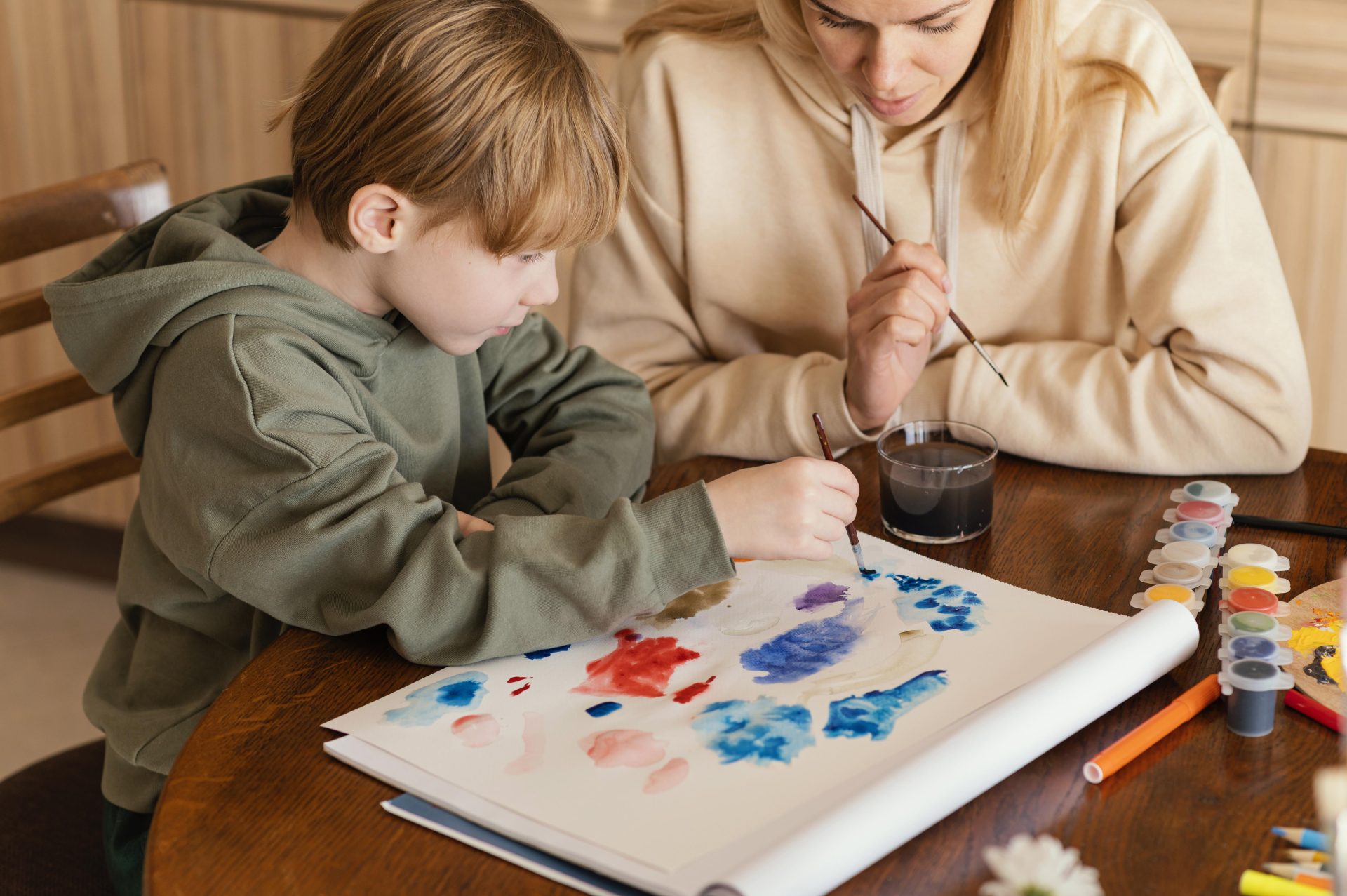
Когда дети ходят в детский сад, они участвуют в мероприятиях, которые предлагают им возможности для обучения. Каждый день в дошкольном учреждении наполнен разнообразными задачами, направленными на развитие ребенка. Важно понимать значение этих занятий. Как они способствуют развитию ребенка.
Время круга; Во время круга дети собираются в группу, чтобы поговорить, спеть песни и рассказать сказки. Это способствует формированию чувства общности, развивает коммуникативные навыки и помогает детям обрести уверенность в том, что они могут делиться своими мыслями и идеями с другими.
Занятия руками; Дошкольники участвуют в таких занятиях, как рисование, лепка из теста и исследование игр с такими материалами, как песок и вода. Эти занятия помогают развивать моторику, способствуют развитию творческих способностей и побуждают к исследованиям.
Игры на свежем воздухе: Время игр на свежем воздухе имеет решающее значение для физического развития. Бег, прыжки, лазанье, игры с мячами и другими игрушками на улице помогают детям развивать крупную моторику и дают им возможность тратить энергию здоровыми способами.
Управляемая игра: этот тип игры структурирован для развития социальных навыков и командной работы. Благодаря направляемой игре дети учатся действовать по очереди, делиться и сотрудничать со сверстниками. Это закладывает основу для развития важных социальных и эмоциональных навыков, которые пригодятся им на протяжении всей жизни.
Например, во время занятий по рисованию в дошкольном учреждении детям могут быть предоставлены различные материалы, такие как мелки, маркеры, краски и предметы для коллажа. Во время таких занятий они используют свои руки для раскрытия творческого потенциала. Они также совершенствуют свою мелкую моторику.
Дошкольные программы предлагают разнообразные виды деятельности. Это гарантирует, что у каждого ребенка будет возможность заниматься тем, что его стимулирует и соответствует его развитию.
Мы узнали о том, что ежедневные уроки и занятия помогают ребенку развиваться. Теперь перейдем к улучшению языковых навыков и навыков грамотности в дошкольных учреждениях.
Язык и грамотность в дошкольных учреждениях
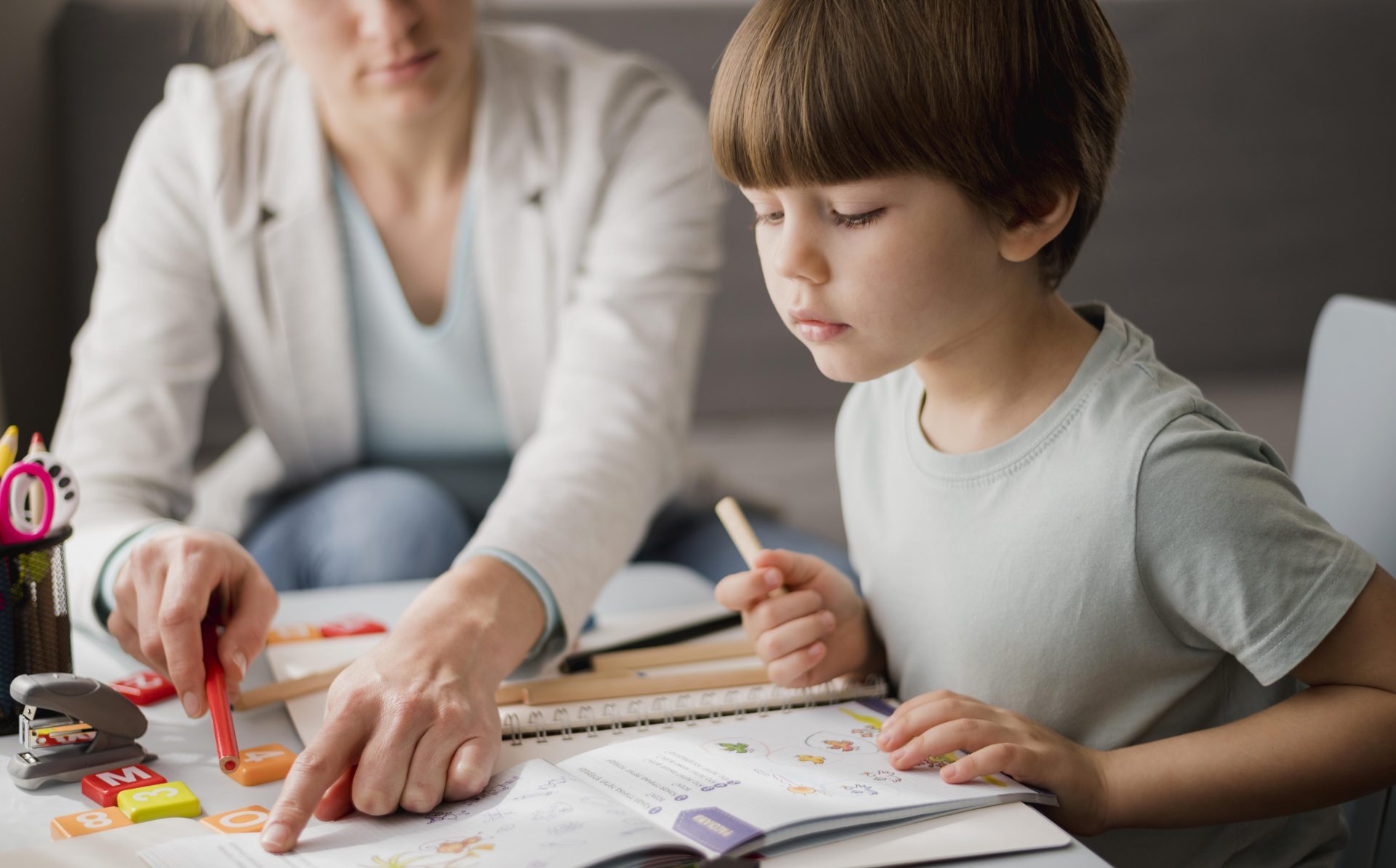
Воспитание языковых навыков и грамотности имеет решающее значение. Речь идет о том, чтобы подготовить наших малышей к путешествию, заложив прочную основу для общения и чтения – важнейших способностей, которые они будут использовать на протяжении всего школьного обучения. От расширения словарного запаса до определения букв и слов эти ранние занятия играют важную роль в формировании у ребенка способности понимать и эффективно общаться.
Рассказывание историй подобно опыту для ума. Он раскрывает реальность, зажигает воображение и помогает детям интерпретировать окружающий мир. На занятиях дети постигают искусство рассказывания историй, знакомятся с потоком и структурой языка и развивают навыки аудирования.
Развитие словарного запаса – еще одно ключевое направление. Раннее знакомство с широким спектром слов повышает способность ребенка к эффективному общению. Учителя используют различные стратегии, такие как стены слов, карточки с картинками и обозначение предметов в классе, чтобы способствовать постоянному расширению словарного запаса.
В учебный план также включены занятия, способствующие развитию фонологической осведомленности – понимания того, что слова состоят из отдельных звуков. Это могут быть веселые игры и упражнения. Они помогают детям находить и менять фонемы. Это закладывает основу для хорошего чтения.
Распознавание алфавита и начальные навыки письма вводятся постепенно. Дети знакомятся с формами и звуками букв благодаря увлекательным занятиям, которые превращают обучение в игру. В то же время их поощряют пробовать формировать буквы. Это закладывает основу для будущего письма.
Использование детской литературы лежит в основе развития языка и грамотности. Она создает захватывающий опыт, который увлекает маленьких учеников и одновременно знакомит их с различными историями, персонажами и концепциями.
Такой опыт насыщен языком. Они основаны на рассказывании историй, развитии словарного запаса, фонологической грамотности, распознавании алфавита и раннем письме. Они помогают дошкольникам расти в среде, которая воспитывает любовь к языку. Это закладывает прочный фундамент для их дальнейшего обучения.
Формирование навыков раннего обучения – это лишь один из аспектов комплексной программы дошкольного образования. Теперь давайте узнаем, как математика органично вписывается в ежедневный учебный процесс.
Интеграция математики в повседневное обучение

В классе можно увидеть детей, занятых строительством башен из блоков, подсчитывающих крекеры во время перекуса и играющих в игры, связанные с расстановкой фигур. Именно в такой обстановке математика органично вплетается в каждое занятие.
Дошкольники могут постигать понятия не традиционным способом, сидя за партами с рабочими листами, а играя и исследуя их руками. Например, когда они складывают блоки друг на друга, они не просто играют – они постигают размер, форму и баланс. Пение песен с цифрами или прослушивание считалок помогает им развивать навыки счета и одновременно веселиться.
Игры и практические занятия
Математика не обязательно должна быть пугающей или скучной для детей. На самом деле, она часто кажется не столько работой, сколько веселой игрой!
- Такие игры, как «Я шпион», побуждают их определять различные формы или цвета в окружающей среде, развивая навыки наблюдения и одновременно способствуя развитию основных математических понятий.
- Практические занятия, например, переливание воды, закладывают основу для понимания объема и вместимости. Они связаны с переливанием воды из одной емкости в другую.
Музыка и движение
Музыка привносит в обучение радостный элемент. Песни с простыми считалками помогут детям познакомиться с цифрами в увлекательной форме. Кроме того, движение и танцы помогают им развивать пространственное восприятие. Они учатся понимать закономерности и последовательности.
Прогрессия математических навыков Включение высококачественных математических материалов выходит за рамки простого счета; они развивают различные ранние навыки счета, включая, но не ограничиваясь ими:
- Счет: Определение количества предметов.
- Сортировка: Распознавание сходств и различий между предметами.
- Узорчатость: Понимание повторяющихся расположений цветов, форм и действий.
- Понимание форм: Знакомство с основами геометрии путем определения форм, присутствующих в окружающей обстановке.
Помимо этих широких категорий, программа дошкольного обучения также включает в себя знакомство с простыми математическими понятиями, такими как «больше» или «меньше», «одинаковый» или «разный», закладывая важнейшую основу для будущего математического понимания.
Добавляя математику в повседневную деятельность в дошкольном возрасте, дети получают прочный фундамент математических знаний. Это закладывает основу для их будущих успехов в учебе. Кроме того, это гарантирует, что изучение математики будет интересным.
Развитие творческих и сенсорных способностей
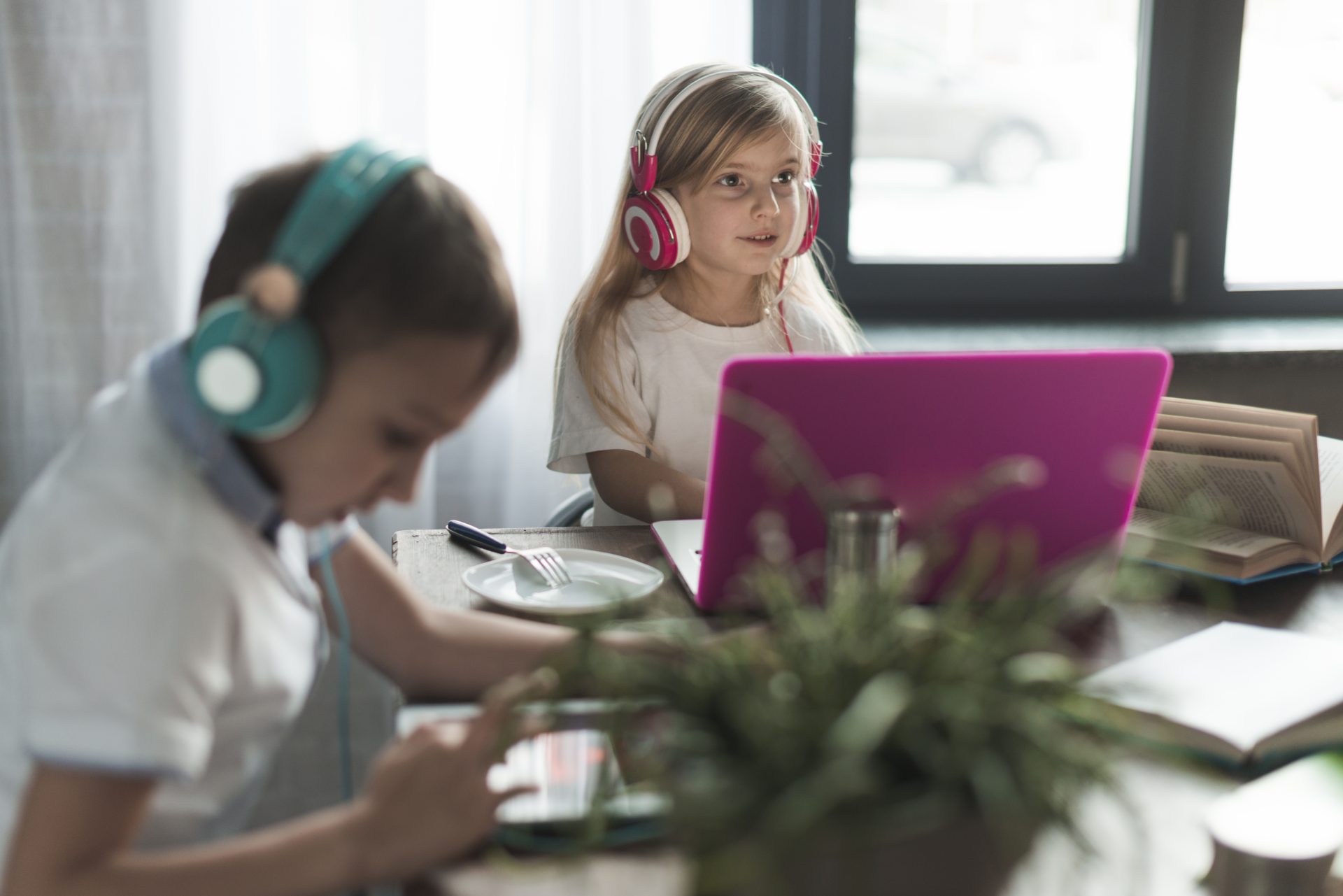
Играя с тестом, рисуя пальцами, покрытыми красками, открывая для себя различные текстуры, находясь на природе и придумывая истории. Эти занятия не ограничиваются простым удовольствием для детей. Они закладывают основу для творчества и развития навыков. Творческий учебный план для дошкольных учреждений признает роль этих занятий: они не просто развлекают детей, а стимулируют и развивают их ум, формируя когнитивные способности.
Вовлечение в исследование через формы искусства и сенсорную деятельность дает детям возможность выразить себя без ограничений. Такая свобода не только способствует росту, но и помогает совершенствовать мелкую моторику, поощряя сенсорные открытия и формируя нейронные связи, имеющие решающее значение для общего развития.
Вовлекаясь в воображаемую игру, дети развивают навыки решения проблем, пространственное мышление и социальное взаимодействие, одновременно повышая творческий потенциал и самовыражение.
Обычное занятие по рукоделию, на котором детям дается ряд материалов для создания фантазийных творений, способствует развитию дивергентного мышления. Эта открытая форма творческого решения проблем имеет решающее значение для воспитания изобретательского ума и развития нестандартного мышления, которое сослужит хорошую службу этим юным ученикам в процессе обучения.
Дивергентное мышление – ключ к успеху в областях STEAM. Этот ранний опыт является важнейшей основой для будущей академической работы.
Кроме того, занятия музыкой и движением не только прививают любовь к ритму, но и улучшают координацию, равновесие и пространственное восприятие. Ритмичные занятия стимулируют развитие мозга, формируя связи между различными частями мозга и улучшая память. Это все равно что дать мозгу тренировку в увлекательной форме!
Важность сенсорного исследования
Сенсорные контейнеры и изучение природы знакомят детей с различными текстурами, запахами, цветами, вкусами и звуками. Эти увлекательные занятия позволяют им обрабатывать информацию об окружающем мире, что способствует развитию языковых навыков – не говоря уже о том, как весело размазывать грязь между пальцами ног или чувствовать, как песок течет сквозь пальцы!
Мы уже говорили о том, как важно развивать творческие способности и сенсорные навыки у дошкольников. Это можно сделать с помощью различных видов деятельности и опыта.
Оценка влияния дошкольной учебной программы
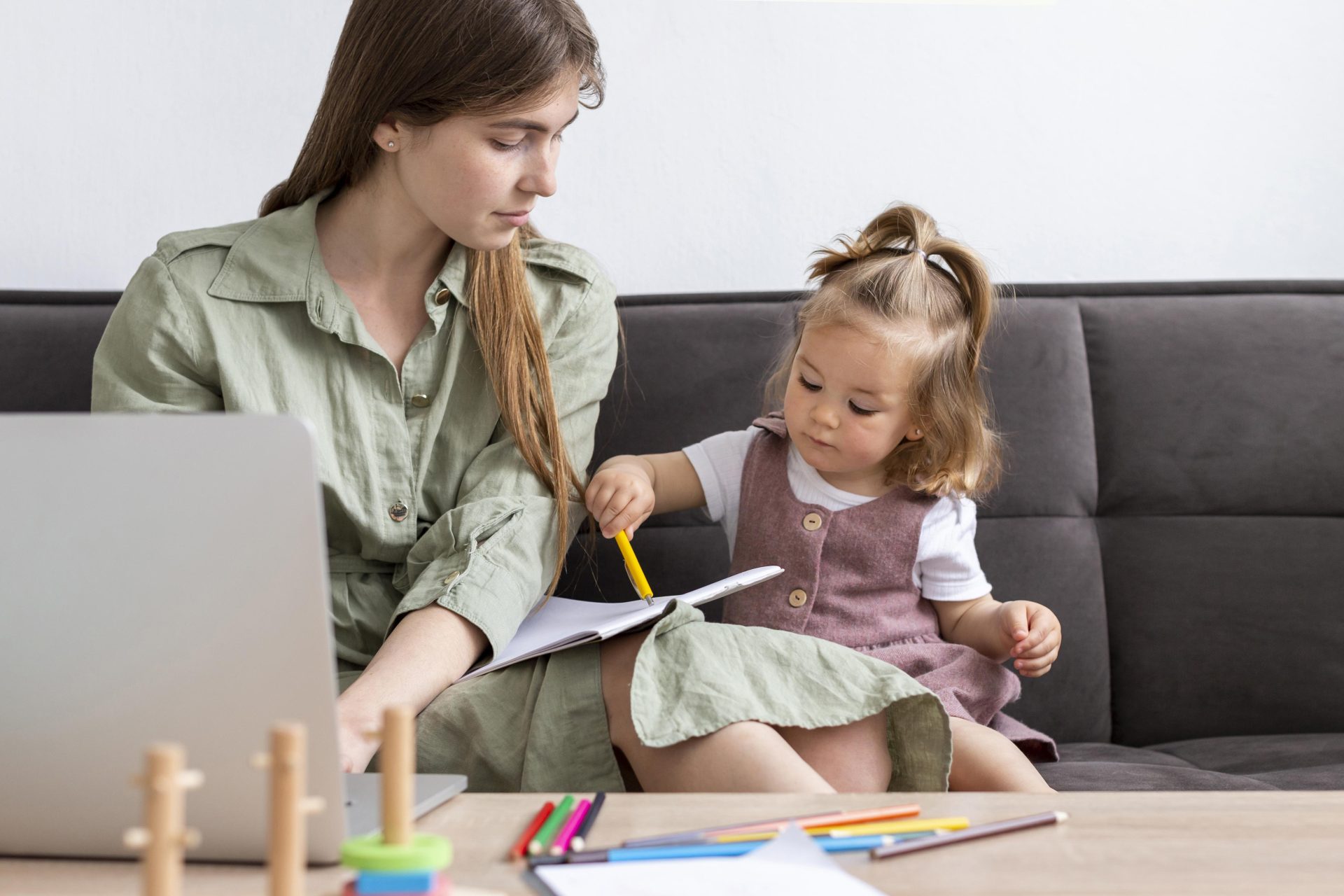
Влияние программы на развитие ребенка значительно и широкомасштабно. Регулярная оценка и наблюдение за прогрессом детей позволяют понять, насколько эффективна программа. Существуют факторы, которые необходимо учитывать при оценке влияния и успешности учебной программы.
Одним из важнейших факторов является то, как дети развиваются в таких областях, как язык и математическая грамотность, эмоциональные навыки, физическое развитие и когнитивные способности. Мониторинг их развития в этих областях покажет, насколько хорошо учебная программа отвечает их потребностям и готовит их к достижениям.
Помимо роста, важную роль в оценке эффективности дошкольной программы играют отзывы учителей и родителей. Эта обратная связь сосредоточена на наблюдении за взаимодействием детей с учебными материалами, их желанием учиться, любыми изменениями в поведении и способностью применять знания в реальных жизненных ситуациях.
Кроме того, результаты обучения также дают более четкое представление об эффективности дошкольной программы. Сюда можно отнести улучшение объема словарного запаса, мелкой моторики, ранних математических навыков и навыков раннего обучения грамоте после прохождения учебной программы. Эти измеримые результаты являются ощутимым доказательством влияния программы на целостное развитие детей.
Например, одно из исследований показало, что после одного года обучения по научно обоснованной программе дошкольного образования у детей увеличился словарный запас в среднем на 300-500 слов. Они также улучшили мелкую моторику на 20-30 %. На 40-50 % улучшилось социальное взаимодействие и сотрудничество. Они повысили ранние математические навыки на 1-2 уровня по результатам тестов.
Оценка воздействия дошкольной программы важна не только для обеспечения ее эффективности, но и для выявления областей, которые могут нуждаться в улучшении или изменении. Это позволяет адаптировать учебную программу для лучшего удовлетворения потребностей маленьких учеников. Она также помогает принимать решения, основанные на фактах, для улучшения программы.
Постоянная оценка позволяет динамично корректировать дошкольные программы. Это гарантирует, что они остаются эффективными в развитии детей младшего возраста. Она имеет решающее значение для формирования всесторонне развитых личностей, обладающих необходимыми навыками для обучения на протяжении всей жизни.
Успех вашего ребенка в будущем – наша главная цель в онлайн-школе Legacy. Посетите наш сайт чтобы изучить многочисленные возможности онлайн-школы Legacy.
Ознакомьтесь с программами онлайн-школы Legacy:
Начальная школа онлайн-школы Legacy Программа задает высокую планку. Это качественное образование. Мы стремимся разжечь любопытство. Мы также стремимся развивать творческие способности. Мы предлагаем сильную учебную программу. В этом нам помогают квалифицированные педагоги.
Средняя школа Legacy Online обеспечивает цифровое образование. Она предназначена для учеников средней школы. Школа гордится тем, что предлагает живые онлайн-уроки, которые ведут сертифицированные преподаватели. Занятия проходят в режиме онлайн и в интерактивном режиме.
Онлайн-школа Legacy это уникальный метод онлайн-обучения, специально разработанный для старшеклассников. Он сочетает в себе синхронное обучение, широкий спектр педагогических методов и акцент на доступности.
Онлайн-школа Legacy предлагает лучшие учебный план
Наша строгая учебная программа гарантирует, что выпускники будут хорошо подготовлены к университетам и рабочим местам по всему миру. Кроме того, наши яркие виртуальные клубы объединяют студентов по всему миру.





